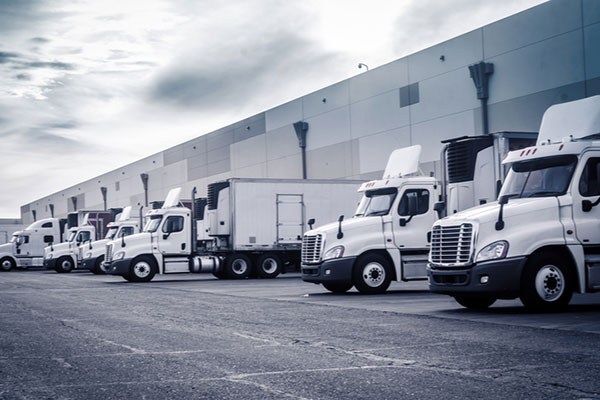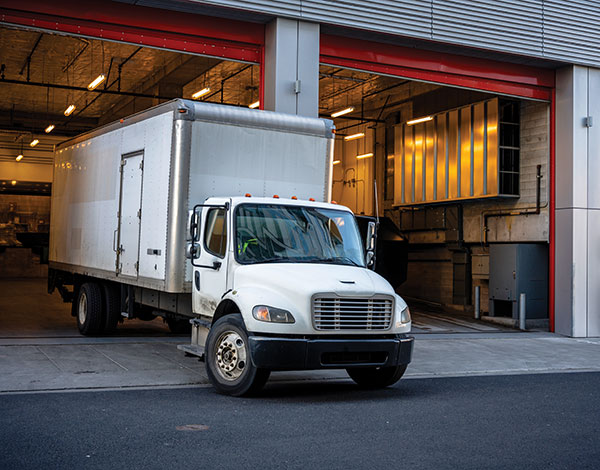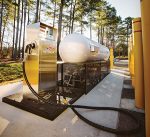If you find yourself on the search for a new work truck, one of the first questions you might ask yourself is whether to make a purchase or to lease. Sometimes buying a work truck would be the best option as it comes with its own benefits. But other times a rental or a lease could prove to give you the best bang for your buck.
LEASING BENEFITS
If you plan to use the vehicle immediately, leasing offers lower monthly payments than purchasing, which gives you no other option but to pay for the entire value of the vehicle. This way you would not only have the advantage of dismissing payments once the vehicle has served its purpose in your fleet, but it would also save your company considerable amounts of money, especially in terms of what you might have spent on maintenance in the long term. When you buy a vehicle, its value depreciates over time; therefore, paying for a truck only for the amount of time you need it is a cost-efficient solution.
Additionally upon purchasing or leasing a truck, you might choose or be required to make a down payment. If your company has only a small amount in disposal, leasing would definitely be the better option. Else, you will be required to get a loan approved to support a vehicle purchase. Contrarily when you choose renting, you’re only paying the devaluation that ensues during the lease term (although some additional fees are included). When the lease term ends, simply return the truck to the dealership.
As a vehicle ages, it tends to show signs of wear and tear. If you are renting or leasing, there is no reason to fret about any substantial maintenance costs—just return the old vehicle and lease a new model. You are also given the option to pick a particular model based on your requirements. However, adhering to the lease contract would be the wisest decision, as you might get charged if the wear and tear is excessive.

TAXES
Those who lease are also eligible for a number of tax benefits. If the vehicle is used for business purposes, you are entitled to tax deductions on the duration the vehicle was used for business. In order to avail tax advantages for business use, you must prove that the vehicle is driven strictly for business purposes at least 50% of the time.
However, leasing has its own boundaries and restrictions. If you plan to obtain other loans, renting a vehicle could be considered an off-balance sheet liability, which may not improve your borrowing limit for other loan credentials. You also do not own the vehicle if it is rented or leased, therefore, you cannot claim that you are acquiring an asset.
GROWING MARKET
According to Allied Market Research, the global truck rental and leasing market is expected to grow at a significant compound annual growth rate (CAGR) through 2025. Surge in demand for optimization of operational risks and fluctuations in fuel prices propel the market growth. Improvement in infrastructure in developing economies has also driven the growth. Moreover, rise in strict emission norms for trucks has acted as the prime factor behind desisting buyers from buying new vehicles, as maintaining existing fleets calls for huge investment. In such context, renting trucks is certainly a profitable and economical solution compared to taking loans.
Rental and leasing services can be defined as a bliss to small ventures, as it enables them to contend efficiently with big establishments by doling out better service, substitute products, or comparatively lower prices. Considered as a lease business of trucks, truck rental works for organizations that do not have their own truck fleets yet take on Class 8-sized jobs and more.
Along with abating the operational cost and potential risks from seasonal demand, leasing a truck wipes away the unavoidable financial liability of repair and maintenance. These factors have boosted the market in more than one way. Truck operators have also begun to prefer leasing trucks more than procuring them as they get to enjoy driving newer model trucks. The truck rental and leasing market is growing at a steady pace, and it is expected to continue to grow in the years to come.
ABOUT THE AUTHOR
Koyel Ghosh is a blogger that enjoys writing on a variety of topics. She has served the corporate industry for the last three years. Find out more, visit www.alliedmarketresearch.com/truck-rental-and-leasing-market.




